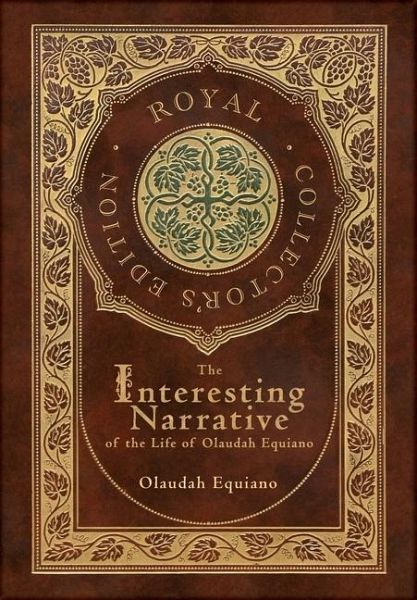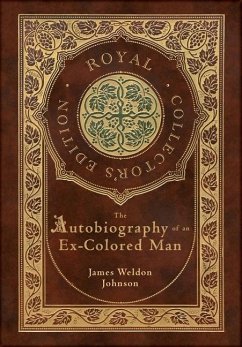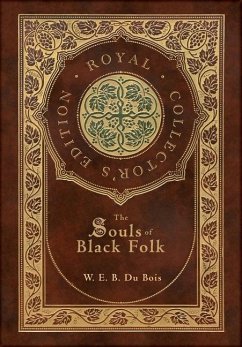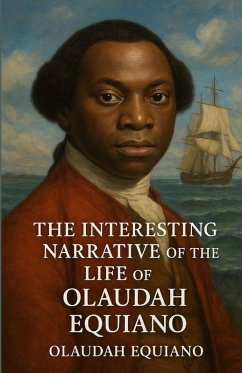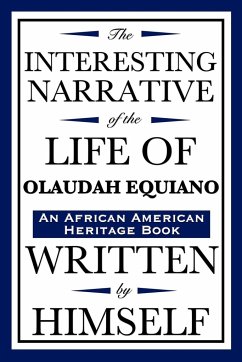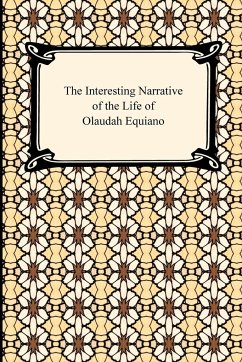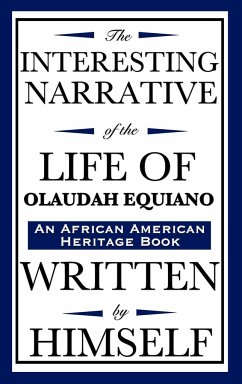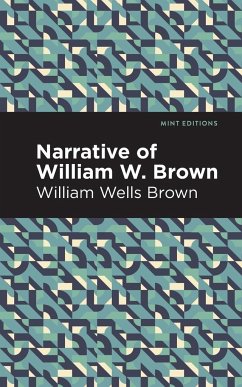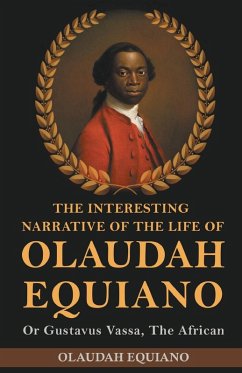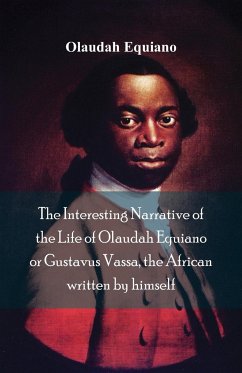Olaudah Equiano (16 October 1745 - 31 March 1797), known in his lifetime as Gustavus Vassa, was a writer and abolitionist from Ashaka Nigeria. Enslaved as a child, he was taken to the Anglo-Caribbean, British West Indies, and sold as a slave to a captain in the Royal Navy. Later he was sold to a Quaker trader. Eventually, he purchased his freedom in 1766 by intelligent trading and careful savings. In London, Equiano was part of the Sons of Africa, an abolitionist group composed of Africans living in Britain, and he was active among leaders of the anti-slave trade movement in the 1780s. He published his autobiography, The Interesting Narrative of the Life of Olaudah Equiano in 1789, which depicted the horrors of slavery. It went through nine editions and helped gain passage of the British Slave Trade Act of 1807, which abolished the African slave trade. As a freedman in London, he supported the British abolitionist movement. Equiano had a stressful life; he had suffered suicidal thoughts before he became a Protestant Christian and found peace in his faith. After settling in London, Equiano married an English woman named Susannah Cullen in 1792 and they had two daughters. He died in 1797 in Middlesex. Equiano's death was reported in American as well as British newspapers, as his autobiography had been widely read. Plaques commemorating his life have been placed at buildings where he lived in London. Since the late 20th century, when his autobiography was published in a new edition, he has been increasingly studied by a range of scholars, including many from his homeland, Igboland, in the eastern part of Nigeria.
